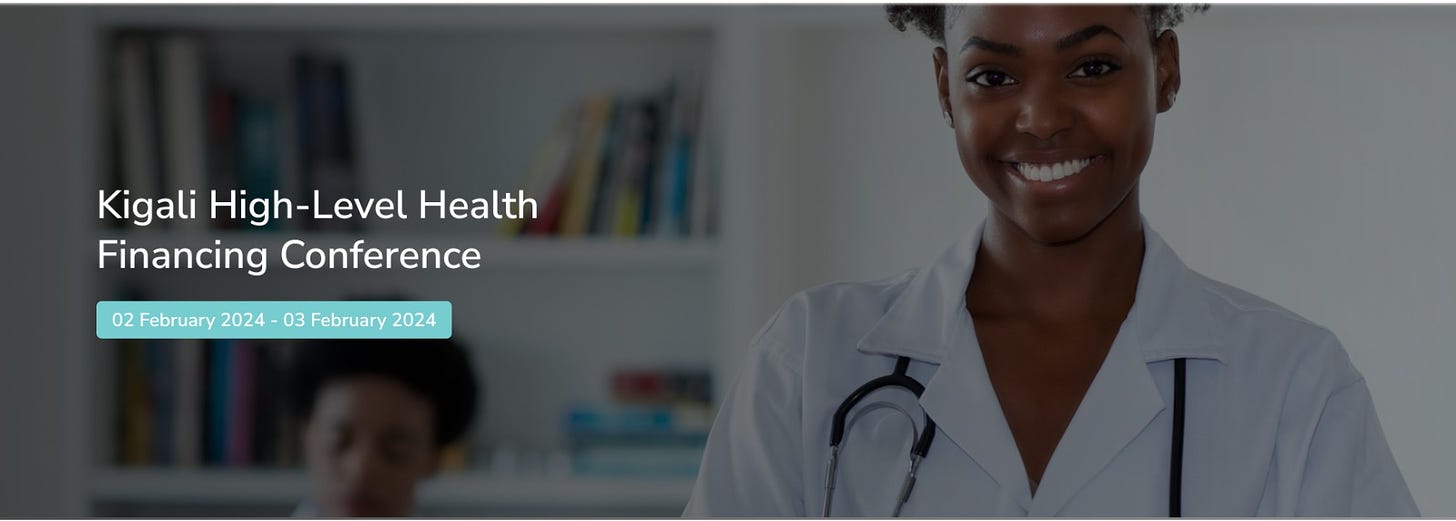Advancing Africa's Health Systems: Kigali Conference Aims for Transformation
By addressing critical challenges, it seeks to pave the way for a healthier, more resilient Africa.
KIGALI, Rwanda - Stakeholders in Universal Health Coverage (UHC) are set to gather in Kigali, Rwanda this February for a pivotal High-Level Health Financing Conference, writes Baboloki Semele.
Organized by the African Union Development Agency in partnership with the African Union Commission, African Union Centre for Disease Control, and the Rwandan government, this conference follows the Pre-Kigali Summit in Lusaka just two months prior.
During the Pre-Kigali Summit, experts jointly emphasized enhancing private sector investment in health as crucial for African citizens and the continent's long-term growth, sustainability and competitiveness.
Investment in healthcare can preclude the growing loss of capital through medical tourism while providing access to treatment and job creation, they maintained.
The Kigali conference will build on Pre-Kigali recommendations like strengthening the environment for private sector investment, providing infrastructure, ensuring long-term strategies, and promoting public-private partnerships to enhance Africa's health systems, create jobs, and reduce reliance on overseas medical services.
"The urgency of implementing the ALM declaration on investing in health cannot be overemphasized," said Nardos Bekele-Thomas, CEO of the African Union Development Agency-AUDA/NEPAD.
The primary goal is rallying support to advance healthcare in Africa by sustaining the HIV response, investing in health systems, and bolstering financing. Strengthening mechanisms, building resilience against emerging diseases, and promoting collaboration are also key objectives.
Hosted under the auspices of H.E. Paul Kagame, President of Rwanda and AU Champion of the ALM-investing in Health initiative, the two-day conference has three tracks: sustaining the HIV response, advancing health financing, and enhancing health security.
Track 1 focuses on the Roadmap to 2030 to sustain the HIV response. Track 2 builds on the ALM declaration by supporting Regional Health Financing Hubs and launching the AUDA-NEPAD program for health investments and financing.
Track 3 concentrates on reinforcing health product security through African manufacturing of diagnostics, vaccines, and therapeutics.
With Africa importing 95% of its drugs yet accounting for just 3% of global production, the continent loses up to $1 billion yearly on overseas medical services.
"For example, Nigerians alone spend over $200 million annually on medical tourism to India," said Bekele-Thomas, urging private sector engagement through infrastructure, R&D, and public-private partnerships.
Held under the theme "Sustaining the HIV Response through Financing and Investments in Africa's Health Systems for improved Health Security on the Continent," the Kigali conference aspires to be a catalyst for enhanced domestic financing and investment in health.
By addressing critical challenges, it seeks to pave the way for a healthier, more resilient Africa.



